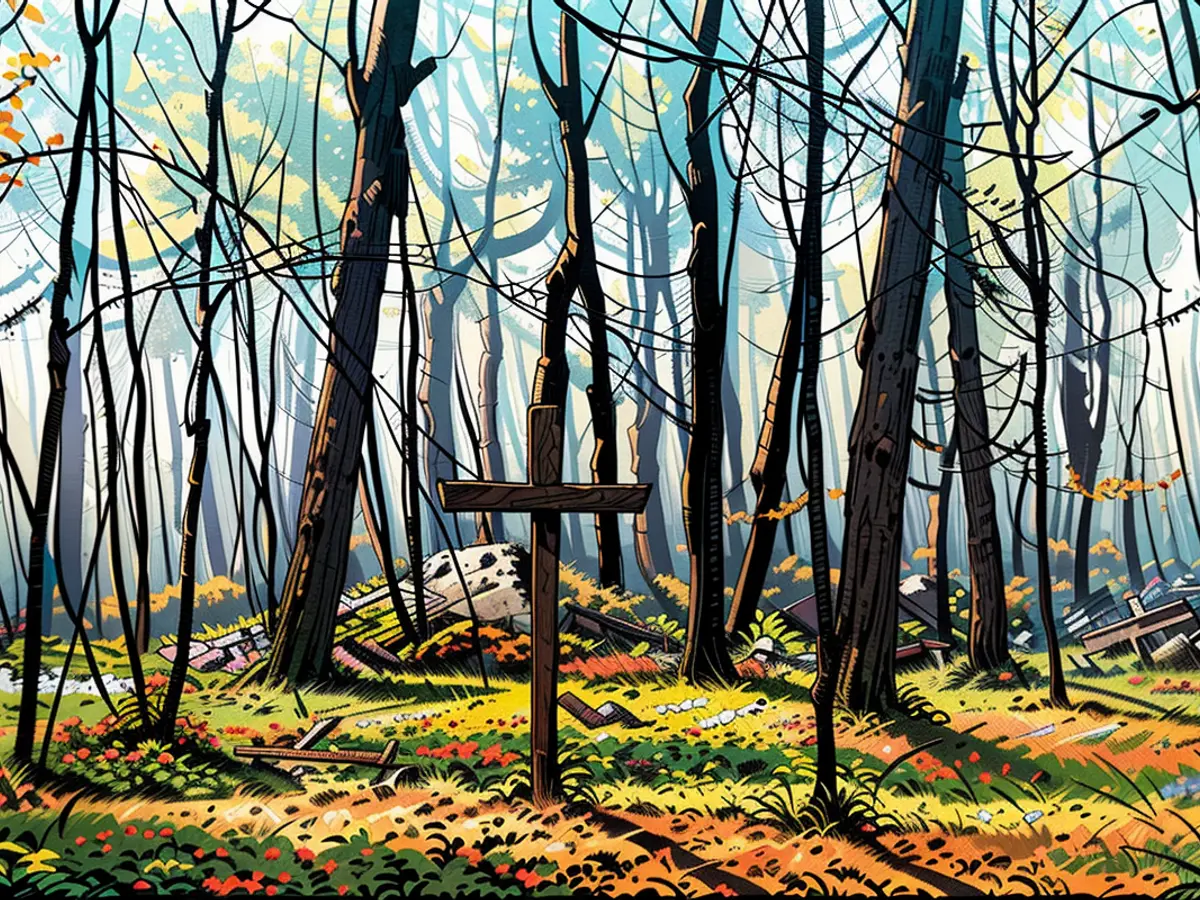Funerals - Fewer church burials in Lower Saxony
More and more funeral services in Lower Saxony are now non-church related. The number of church members or people with a connection to their local church community is steadily decreasing, explained a spokesperson for the Lower Saxony Funeral Association. In some cities and towns, the majority of burials are secular.
At the same time, cremations, or approximately urn and sea burials, are still very popular. Approximately 85% of all people in Lower Saxony are cremated. Particularly in cities, the demand is high. The association recently spoke of 85% as well.
There is a consistently increasing demand for memorial forests. Besides personal reasons, many people make this decision because the costs and maintenance effort are low. Comparable offers like stele burials are less popular, however. Urns are inserted into chambers of a shared stele. The care of surrounding green areas is taken care of by the cemetery administration.
Natural burials are on the rise
One of the largest providers of woodland burials is the company Friedwald. Other providers include the firm Ruheforst or private providers like farmers. In 2023, a total of 4,500 people were buried at 15 locations in Lower Saxony by Friedwald - 300 more than the previous year, as the provider reported. By the end of June, there had been 2,350 burials. The urns are buried at the foot of trees.
"Reerdigungen" play no role in Lower Saxony so far. The new burial method is not yet authorized in this federal state. The dead are placed in a closed cocoon on a plant substrate made of hay, straw, and cuttings for 40 days. They are supposed to decompose and then be buried.
A spokesperson for the Lower Saxony Funeral Association sees no future in it yet. "That's not settled. Many questions are still open," he said. It's about ethical questions or practical ones regarding possible contaminants that could potentially enter the soil. At least in Lower Saxony, there is currently no practical demand. "Reerdigungen" are currently possible in a pilot project in Hamburg.
In Schleswig-Holstein, where there was a pilot project for "Reerdigungen" until the end of 2023, which was scientifically monitored, the state government was initially convinced by the burial method. However, it restricted it, stating that further scientific investigations were needed to allow such a procedure permanently.
In response to the decline in religious affiliations in Lower Saxony, some societal shifts have emerged, such as the increasing popularity of non-church related funeral services in places like Hannover. Despite the rise of natural burials and the popularity of cremations, the demand for traditional stele burials with urn insertions is less prominent.








